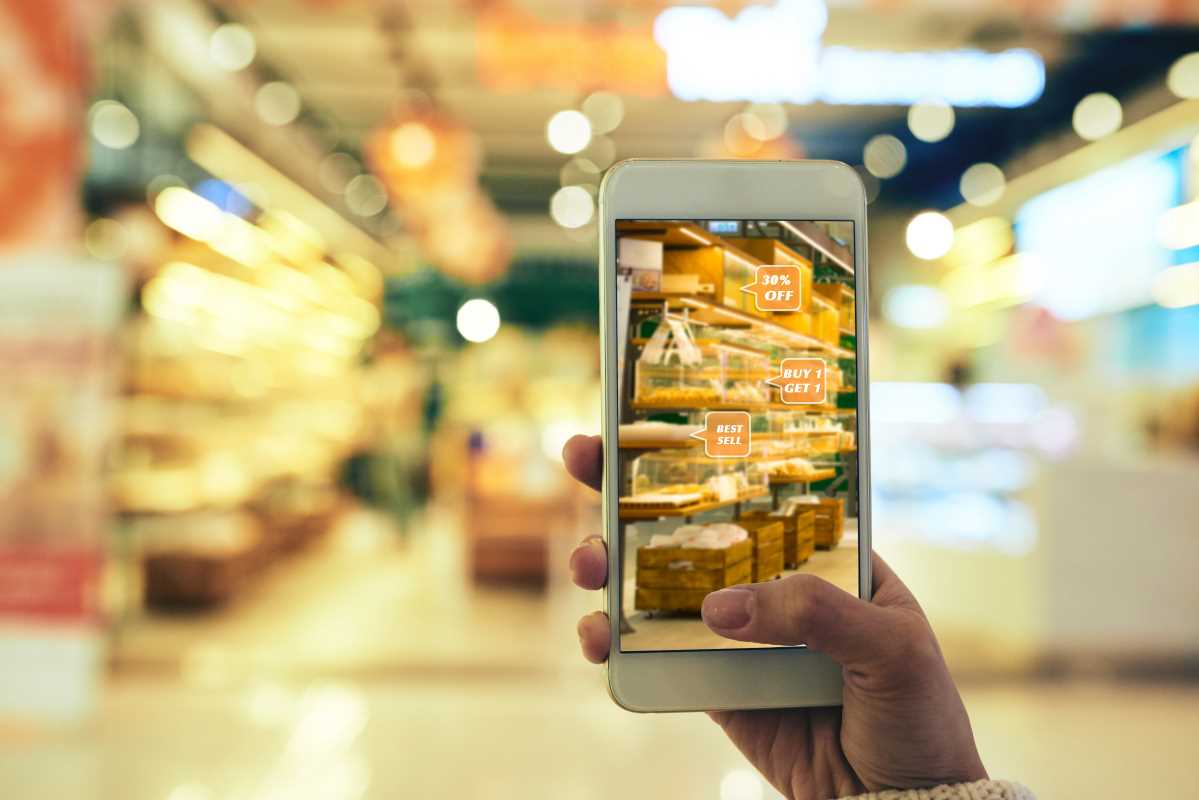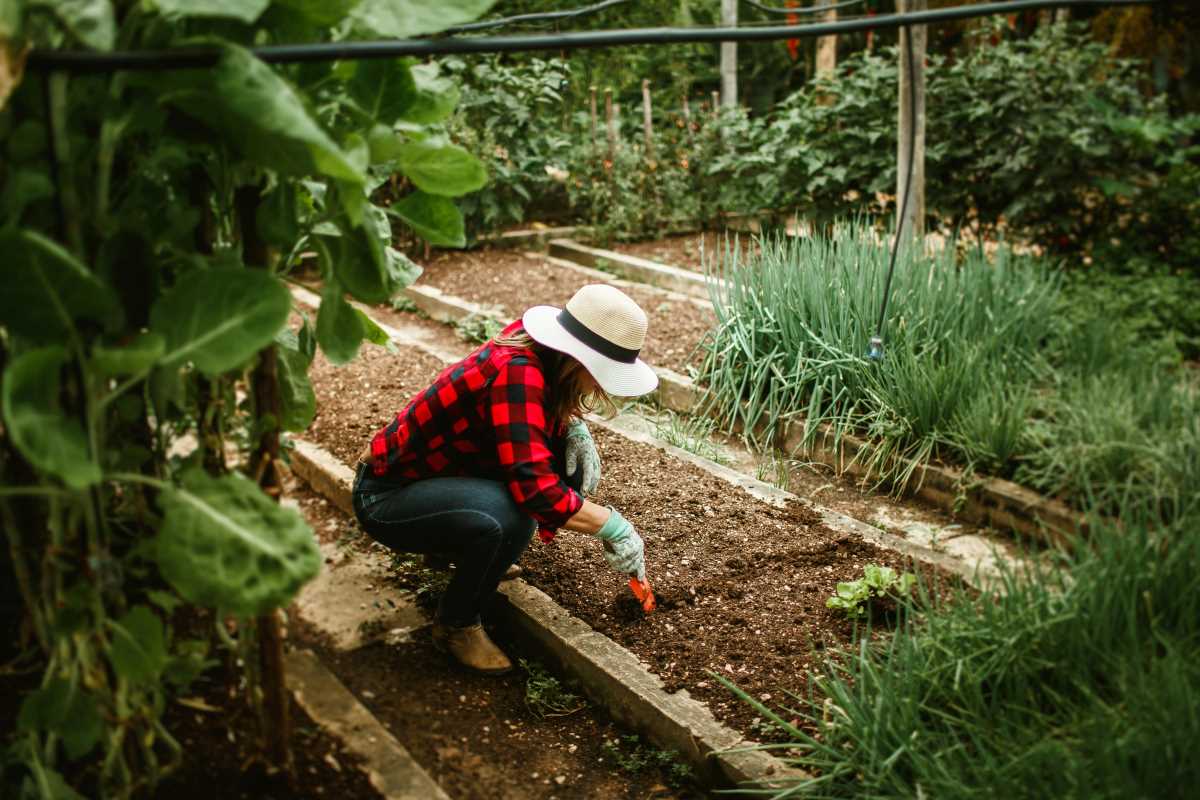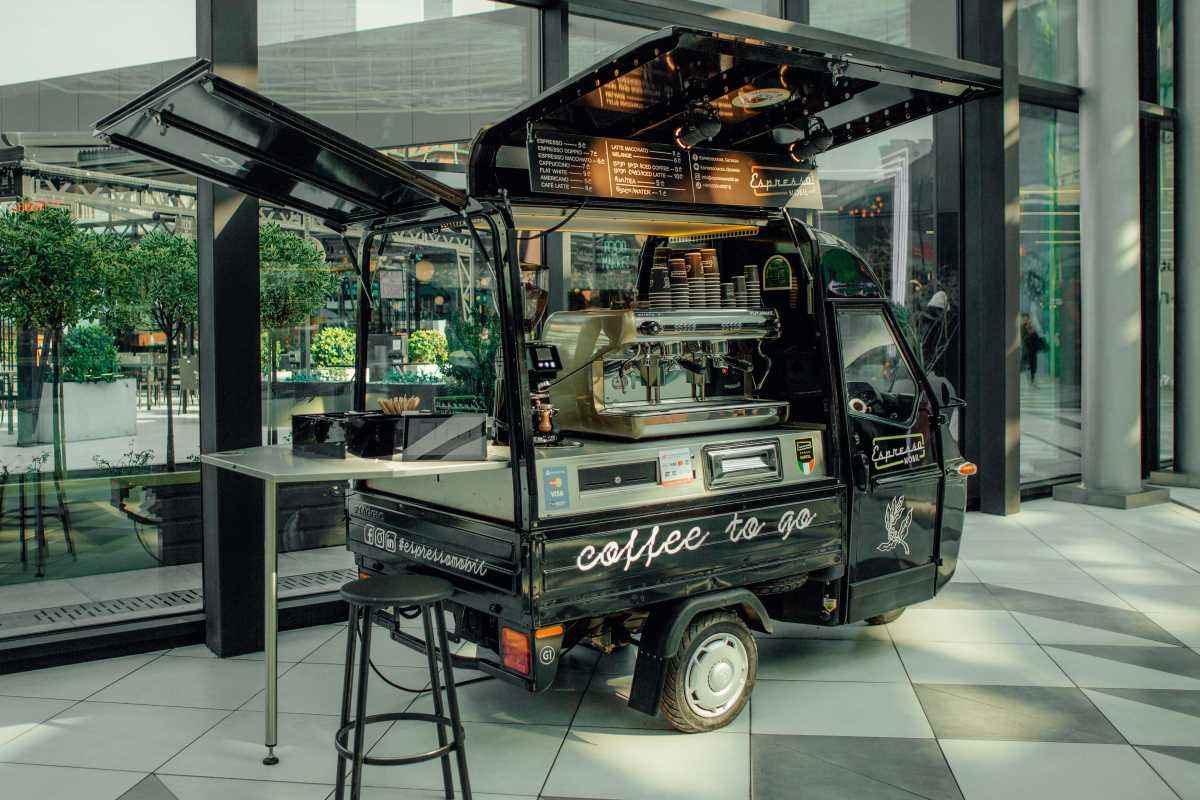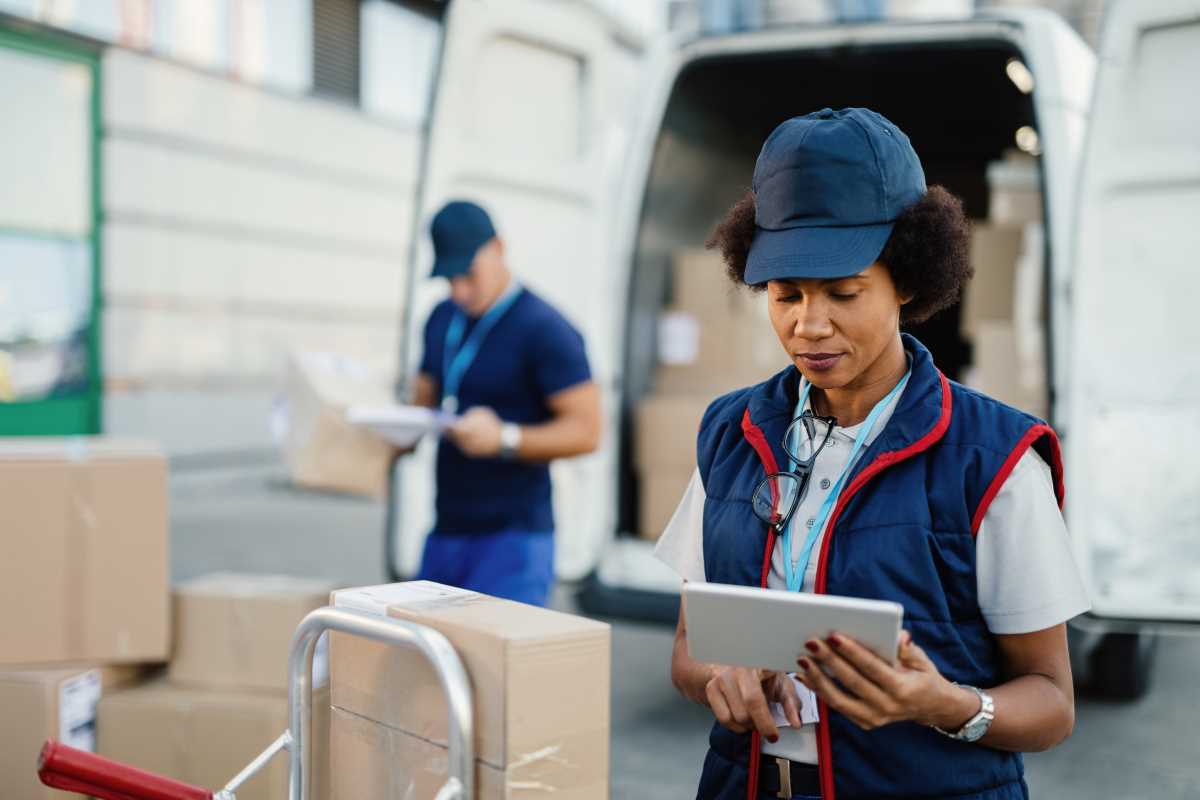Sustainable packaging has swiftly evolved from being a simple trend to a crucial necessity for small food businesses. Today's consumers are increasingly mindful of their environmental impact, and the packaging decisions you make can greatly affect your brand's image and overall success. By choosing eco-friendly packaging solutions, you not only align your business with the broader global sustainability goals but also distinguish yourself in a crowded and competitive marketplace. This approach resonates with environmentally-conscious customers, enhancing your brand's appeal and fostering a loyal customer base that appreciates your commitment to a greener planet.
Why Sustainability Matters for Small Food Businesses
Incorporating sustainable practices into your business model offers numerous advantages beyond just environmental benefits. By choosing eco-friendly packaging, you enhance your brand image, attract a loyal customer base, and reduce operational costs in the long run.
- Cost Savings: While the initial investment might be higher, sustainable packaging often leads to lower costs over time through reduced material usage and waste management expenses.
- Customer Appeal: Consumers today prefer businesses that demonstrate environmental responsibility. Sustainable packaging can boost customer trust and satisfaction.
- Environmental Impact: You can reduce your carbon footprint by opting for recyclable or biodegradable materials, which contributes positively to the planet.
- Brand Differentiation: Standing out with unique, eco-friendly packaging gives your business a competitive edge in the marketplace.
Innovative Sustainable Packaging Solutions
A wide array of sustainable packaging options exists for small food businesses looking to make a positive impact. From reusable containers to biodegradable materials, these innovative solutions cater to various needs and preferences.
Reusable packaging, such as metal or glass containers, serves as a great investment for businesses that encourage customers to return and reuse their packaging. Compostable materials made from plant-based resources break down naturally, reducing landfill waste. Bioplastics offer a similar functionality to traditional plastics but with a significantly lower environmental impact. Edible packaging is an emerging trend that minimizes waste while providing a unique selling point for inventive businesses.
Challenges and Considerations
Transitioning to sustainable packaging presents hurdles. You must be aware of potential challenges to effectively navigate the shift and ensure success.
- Higher Upfront Costs: Sustainable materials can be more expensive initially, which might strain limited budgets.
- Supply Chain Adjustments: Finding reliable suppliers that provide eco-friendly packaging can take time and may require changes to your existing supply chain.
- Sourcing Reliable Materials: You need to ensure that the materials you choose meet sustainability standards and are genuinely eco-friendly, which can prove challenging.
- Training Staff: Your team must understand and implement new packaging processes, which may require additional training and resources.
Steps to Transition to Sustainable Packaging
Making the switch to sustainable packaging doesn't have to be overwhelming. Follow these steps to smoothly integrate eco-friendly solutions into your business operations.
- Assess Current Packaging: Begin by evaluating your existing packaging materials and processes to identify areas for improvement.
- Research Sustainable Alternatives: Explore various sustainable packaging options that align with your business needs and values.
- Evaluate Costs and Benefits: Analyze the financial implications and long-term benefits of each sustainable option to make informed decisions.
- Implement Changes Gradually: Start by introducing sustainable packaging in selected product lines before expanding to the entire range.
- Train Your Team: Ensure that your staff understands the importance of sustainable packaging and how to handle it effectively.
- Communicate with Customers: Inform your customers about your commitment to sustainability and the changes you are making to your packaging.
Stay informed about legal requirements related to packaging to ensure compliance with local regulations and standards.
Sustainable packaging allows small food businesses to boost their brand, attract loyal customers, and positively impact the environment. Embrace eco-friendly practices to thrive in a competitive marketplace and ensure sustainable growth. Start your journey today.
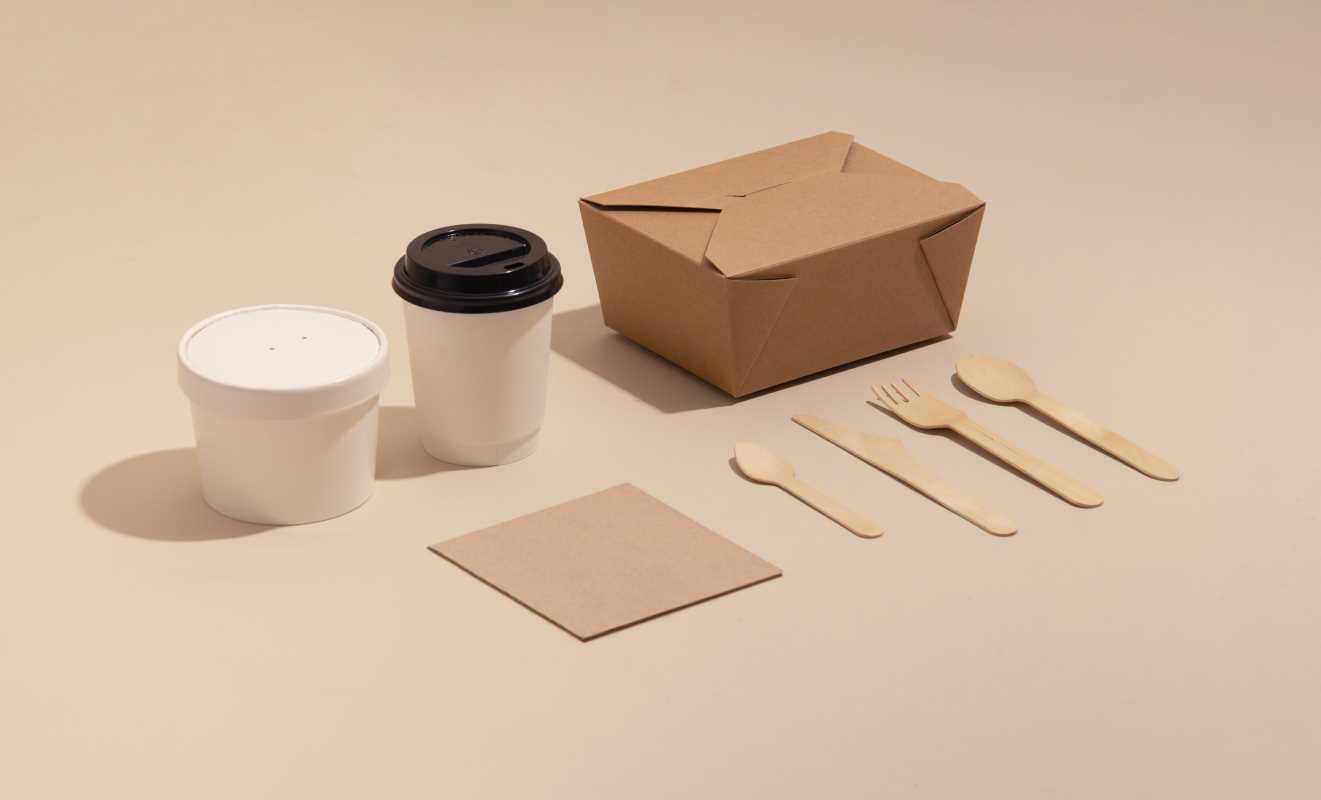 (Image via
(Image via